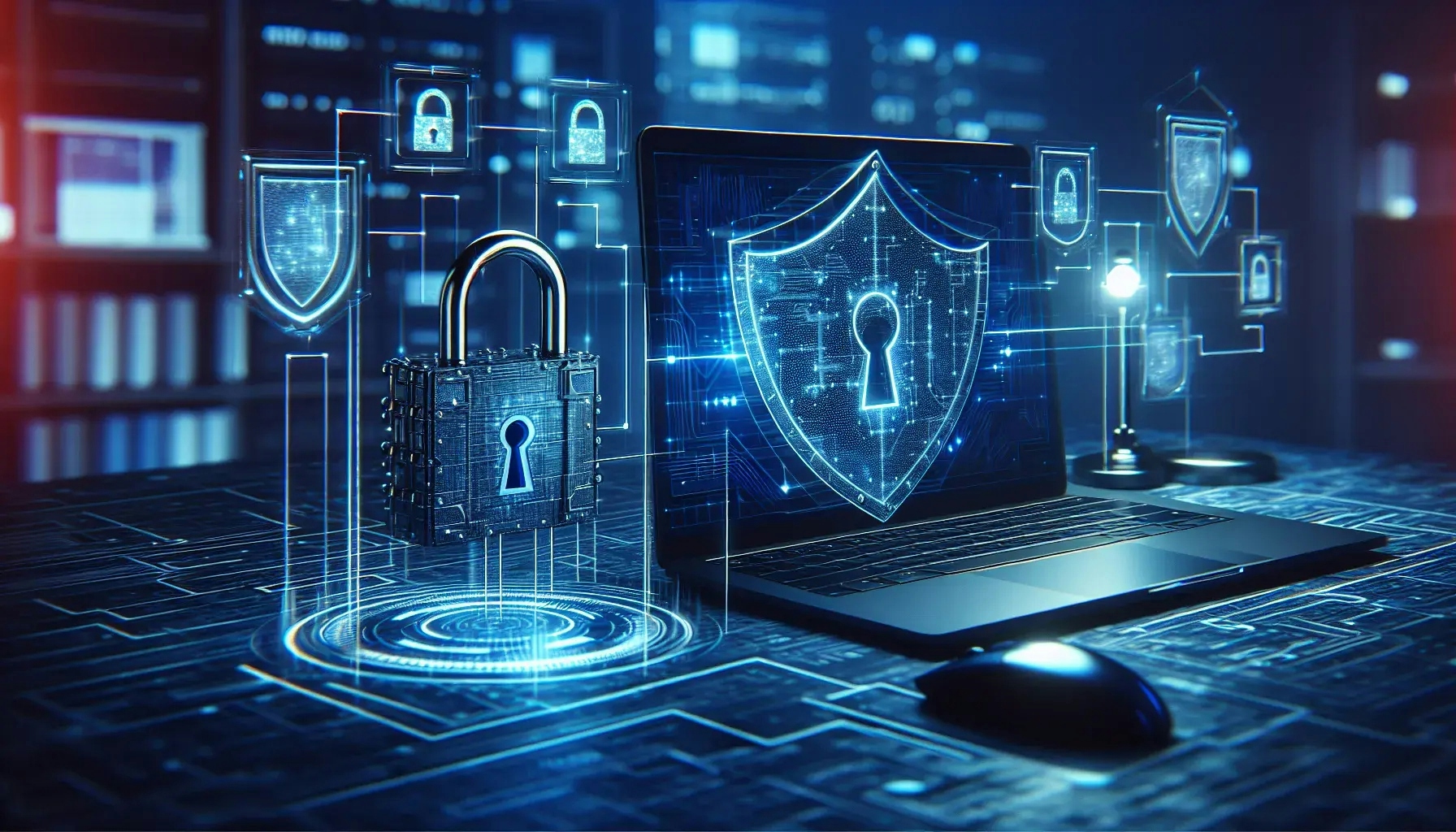In an increasingly digital world, the importance of cybersecurity in preventing extortion cannot be overstated. Cyber threats are evolving, and so must our defenses. This blog post delves into the intricate relationship between cybersecurity and extortion prevention. We'll explore the various ways in which robust cybersecurity measures can help thwart extortion attempts, safeguarding personal and organizational data.
The Rising Threat of Cyber Extortion
Cyber extortion has emerged as a significant threat in the digital landscape. Criminals are leveraging technology to exploit vulnerabilities, demanding ransom in exchange for not causing harm or releasing sensitive data. The rise of ransomware, a type of malware that encrypts data and demands a ransom for its release, exemplifies this trend.
Organizations across industries are falling victim to these attacks, suffering financial losses and reputational damage. The healthcare sector, for instance, has been a prime target, with attackers exploiting the critical nature of data and services provided by healthcare institutions.
The threat isn't confined to organizations. Individuals, too, are at risk. Personal data, including financial information and sensitive personal content, can be targeted, leading to devastating personal and financial consequences.
Cybersecurity: The First Line of Defense
Cybersecurity serves as the first line of defense against cyber extortion. A robust cybersecurity framework can help identify, prevent, and mitigate cyber threats, thereby reducing the risk of extortion.
Prevention is a key aspect of cybersecurity. By identifying potential vulnerabilities and addressing them proactively, organizations can significantly reduce the risk of a successful attack. This includes regular software updates, use of strong, unique passwords, and implementation of multi-factor authentication.
Detection is another crucial element. Cybersecurity tools can monitor systems for unusual activity, potentially identifying an attack in its early stages. This allows for prompt action, minimizing damage.
The Human Element in Cybersecurity
While technology plays a vital role in cybersecurity, the human element cannot be ignored. Employees often serve as the first point of contact for cyber threats. Phishing emails, for instance, rely on tricking the recipient into revealing sensitive information or clicking on a malicious link.
Training employees to recognize and respond to these threats is therefore essential. Regular training sessions, coupled with simulated attacks, can help build a culture of cybersecurity awareness.
Moreover, clear communication channels should be established for reporting potential threats. This allows for swift action, potentially preventing an attack from escalating.
The Role of Legislation and Regulation
Legislation and regulation also play a role in promoting cybersecurity. Laws such as the General Data Protection Regulation (GDPR) in the European Union impose strict requirements on data protection, encouraging organizations to prioritize cybersecurity.
Regulations can also impose penalties for failure to adequately protect data, providing a financial incentive for cybersecurity. However, legislation alone is not enough. Compliance must be coupled with a genuine commitment to cybersecurity at all levels of an organization.
The Future of Cybersecurity
As technology continues to evolve, so too will the threats we face. Artificial intelligence and machine learning are being leveraged to enhance cybersecurity, but they also present new vulnerabilities.
The Internet of Things (IoT) presents another challenge. As more devices connect to the internet, the potential attack surface expands. Ensuring these devices are secure is a significant task, but one that is crucial to preventing cyber extortion.
The Importance of a Holistic Approach
Cybersecurity is not a one-time effort, but a continuous process. It requires a holistic approach, encompassing technology, people, and processes.
Regular audits and assessments can help identify potential weaknesses and areas for improvement. Incident response plans should be in place, outlining the steps to be taken in the event of a breach.
Moreover, recovery strategies should be developed, ensuring that operations can be quickly restored following an attack. This includes regular data backups and the ability to restore systems to a secure state.
Cybersecurity: An Essential Tool in Extortion Prevention
The importance of cybersecurity in preventing extortion is clear. As cyber threats continue to evolve, a robust and proactive approach to cybersecurity is more important than ever. By prioritizing cybersecurity, we can protect our data, our finances, and our reputation from the growing threat of cyber extortion.

